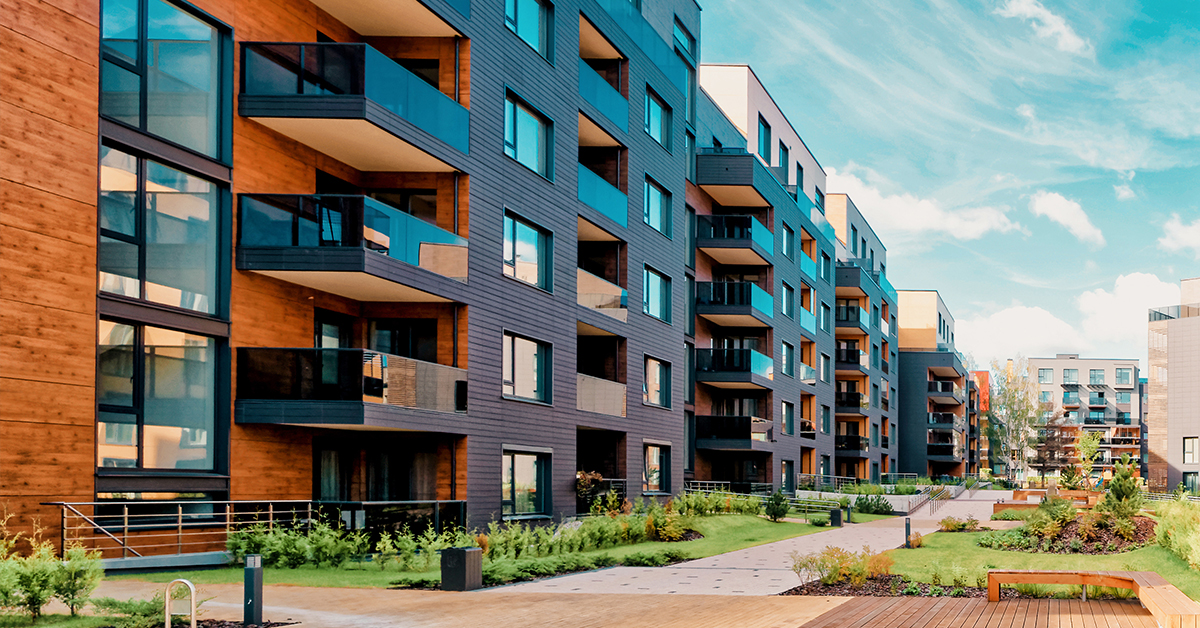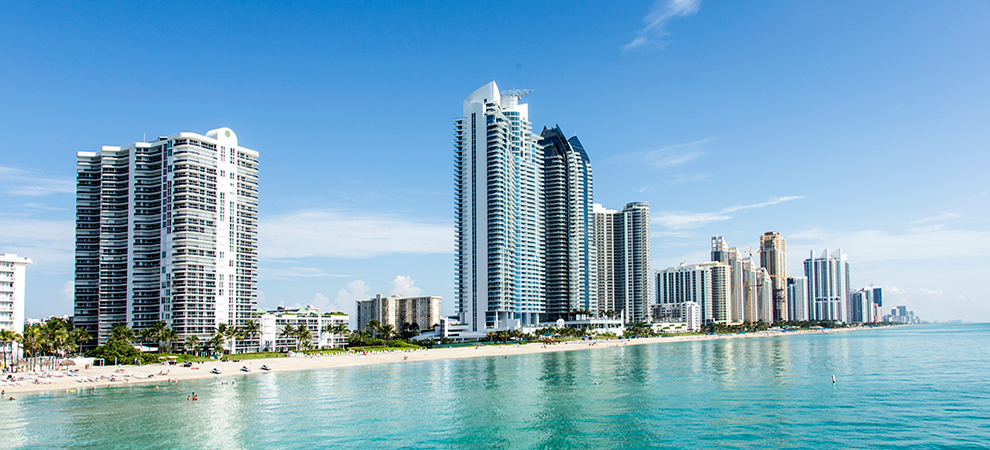The Function of an HOA in Establishing and Enforcing Area Standards for Homeowners
The function of a Homeowners Association (HOA) in establishing and applying area standards is essential to keeping a organized and cohesive domestic atmosphere - hoa condo. By developing clear regulations that control facets such as home upkeep and neighborhood conduct, the HOA not just establishes standards for citizens however additionally cultivates a feeling of belonging and responsibility. The implementation of these guidelines can present various challenges, raising concerns about community, fairness, and interaction interaction. As we discover these complexities, it becomes obvious that the influence of an HOA prolongs far beyond simple policy enforcement.
Understanding Home Owners Organizations
Homeowners organizations (HOAs) function as regulating bodies for domestic areas, playing an important duty in maintaining building values and fostering a feeling of community. Usually formed by designers, HOAs are made up of house owners within a marked area who choose a board to oversee the association's tasks. The primary functions of an HOA include implementing neighborhood regulations, managing common locations, and arranging neighborhood occasions.
HOAs operate under a set of governing files, including covenants, problems, and limitations (CC&R s), which lay out the legal rights and duties of property owners. These laws intend to make certain that residential or commercial properties are preserved to a particular standard, consequently securing the aesthetic charm and overall worth of the community. In addition, HOAs frequently accumulate dues from house owners to fund upkeep, landscaping, and other social work.
The visibility of an HOA can significantly influence the living experience within a neighborhood (hoa condo). While some citizens value the structured environment and features supplied, others may locate certain guidelines limiting. Stabilizing the interests of all home owners is crucial for an HOA to work effectively, making sure that it serves its designated objective of enhancing area living while respecting private property owner civil liberties
Establishing Neighborhood Guidelines

To start, an HOA ought to conduct studies or hold conferences that permit residents to articulate their worries and ideas. This participatory procedure fosters a feeling of possession and boosts compliance. Next off, the HOA board must analyze the comments to recognize usual styles and priorities that warrant official addition in the guidelines.
It is additionally essential to make sure that the standards are clear, concise, and conveniently recognized. Obscurities can bring about conflicts and misconceptions, undermining the function of the standards. In addition, the guidelines need to be thorough, covering different elements of neighborhood living, including property upkeep, sound degrees, and use of common locations.
Enforcement of Guidelines
Efficient enforcement of community regulations is crucial for keeping order and guaranteeing that all homeowners stick to the established standards. An HOA has to carry out an organized approach to enforce these guidelines, which frequently involves a combination of surveillance, communication, and charges for non-compliance.
First, normal inspections and community patrols can aid recognize offenses, making certain that guidelines are consistently applied across the neighborhood. This positive surveillance allows the HOA to resolve problems prior to they rise, fostering a feeling of liability amongst homeowners.
Second, clear interaction is essential. Homeowners need to be notified of the policies and the treatments for reporting infractions. An open line of interaction urges locals to voice worries and seek explanation on guidelines, which can improve compliance.
Finally, when offenses occur, the HOA must enforce consequences as outlined in the regulating records. This might include alerting letters, fines, or, in serious cases, lawsuit. It is crucial that penalties are applied rather and constantly to preserve count on within the neighborhood. By efficiently enforcing policies, an HOA can grow an unified living atmosphere that reflects the cumulative worths of its citizens.
Advantages of HOA Rules
Countless benefits emerge from the execution of HOA policies, which offer to enhance the high quality of life within a neighborhood. One key advantage is the upkeep of home worths. By implementing requirements for visual appeals and maintenance, HOAs ensure that homes and typical locations continue to be eye-catching, fostering a desirable living setting that can lead to enhanced building values with time.
Additionally, HOA policies advertise uniformity and uniformity within the neighborhood. This coherence in style and maintenance helps to develop a feeling of belonging among locals, contributing to area pride and a positive atmosphere. In addition, established standards help with conflict resolution amongst neighbors by supplying clear expectations and procedures for actions, therefore decreasing conflicts.
One more significant benefit is the stipulation of common features and solutions. Several HOAs handle area facilities such as swimming pools, clubs, and parks, which enhance leisure chances for homeowners. These facilities not just enhance the quality of life but also encourage social communication.
Inevitably, the policies established forth by an HOA grow an efficient, unified area, guaranteeing that residents delight in a great post to read high standard of living while fostering a helpful environment for all homeowners.
Common Difficulties Faced by HOAs
Among the benefits that property owners associations (HOAs) can give, they likewise experience a range of difficulties that can hinder their performance. Numerous house owners might not get involved in meetings or area tasks, leading to a disconnect in between the HOA board and homeowners.
Disagreements can emerge when residents really feel that enforcement is irregular or prejudiced, possibly leading to disputes within the neighborhood. In addition, HOAs commonly deal with financial restrictions, which can restrict their capability to maintain common areas Your Domain Name or fund area projects.
Furthermore, navigating legal intricacies can be daunting for HOAs. They should ensure compliance with state regulations while managing their very own regulating files, which can be a resource of complication. Last but not least, transforming demographics and evolving area needs call for HOAs to adjust their standards, frequently satisfying resistance from enduring citizens that are accustomed to conventional standards. Dealing with these difficulties is important for cultivating a harmonious and flourishing area.
Verdict

By creating clear regulations that control aspects such as residential or commercial property upkeep and area conduct, the HOA not only sets criteria for locals yet likewise promotes a sense of belonging and accountability.Homeowners organizations (HOAs) offer as regulating bodies for household communities, playing an important function in keeping property worths and promoting a feeling of area. Many home owners may not participate in meetings or area tasks, leading to a separate between the HOA board and locals. Developing and changing demographics neighborhood needs require HOAs to adjust their guidelines, often fulfilling resistance from long-standing locals who are accustomed to standard norms. Via the development of clear regulations and consistent enforcement, discover here HOAs advertise residential or commercial property upkeep, community pride, and trust amongst locals.